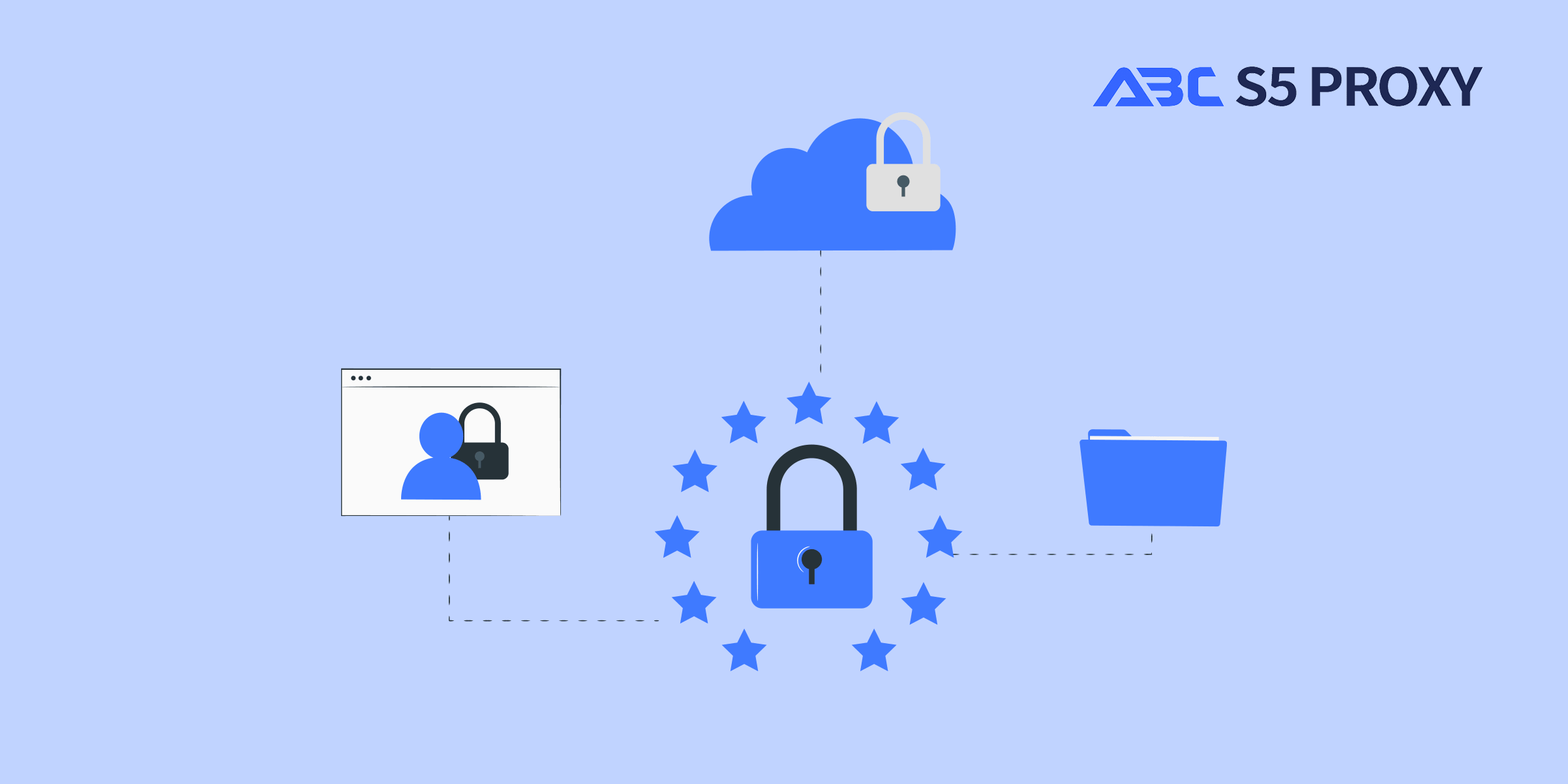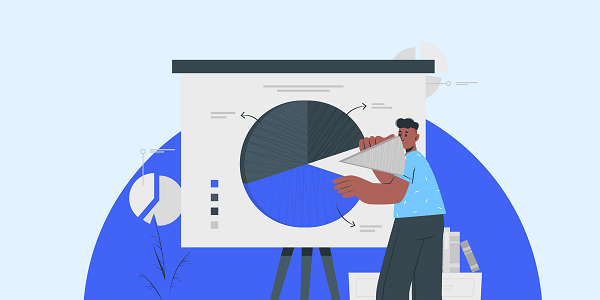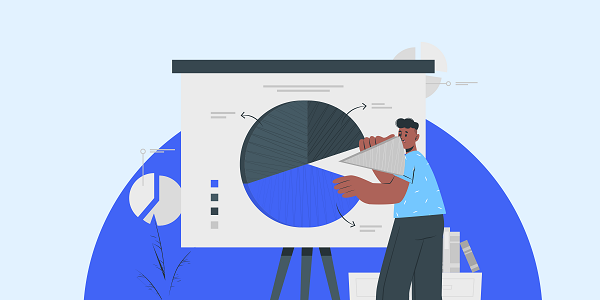Residential Proxies
Allowlisted 200M+ IPs from real ISP. Managed/obtained proxies via dashboard.

Proxies
Residential Proxies
Allowlisted 200M+ IPs from real ISP. Managed/obtained proxies via dashboard.
Residential (Socks5) Proxies
Over 200 million real IPs in 190+ locations,
Unlimited Residential Proxies
Use stable, fast, and furious 700K+ datacenter IPs worldwide.
Static Residential proxies
Long-lasting dedicated proxy, non-rotating residential proxy
Dedicated Datacenter Proxies
Use stable, fast, and furious 700K+ datacenter IPs worldwide.
Mobile Proxies
Dive into a 10M+ ethically-sourced mobile lP pool with 160+ locations and 700+ ASNs.

Web Unblocker
View content as a real user with the help of ABC proxy's dynamic fingerprinting technology.
Proxies
API
Proxy list is generated through an API link and applied to compatible programs after whitelist IP authorization
User+Pass Auth
Create credential freely and use rotating proxies on any device or software without allowlisting IP
Proxy Manager
Manage all proxies using APM interface

Proxies
Residential Proxies
Allowlisted 200M+ IPs from real ISP. Managed/obtained proxies via dashboard.
Starts from
$0.77/ GB
Residential (Socks5) Proxies
Over 200 million real IPs in 190+ locations,
Starts from
$0.045/ IP
Unlimited Residential Proxies
Use stable, fast, and furious 700K+ datacenter IPs worldwide.
Starts from
$79/ Day
Rotating ISP Proxies
ABCProxy's Rotating ISP Proxies guarantee long session time.
Starts from
$0.77/ GB
Static Residential proxies
Long-lasting dedicated proxy, non-rotating residential proxy
Starts from
$5/MONTH
Dedicated Datacenter Proxies
Use stable, fast, and furious 700K+ datacenter IPs worldwide.
Starts from
$4.5/MONTH
Mobile Proxies
Allowlisted 200M+ IPs from real ISP. Managed/obtained proxies via dashboard.
Starts from
$1.2/ GB
Knowledge Base
English
繁體中文
Русский
Indonesia
Português
Español
بالعربية

Title: Overcoming the Challenges of ChatGPT Blocking Captcha
In today's digital age, the use of chatbots has become increasingly popular across various industries. Chatbots powered by AI technologies, such as ChatGPT, have revolutionized customer service by providing quick and efficient responses to inquiries. However, one challenge that businesses using ChatGPT may encounter is the blocking of captcha systems. In this blog post, we will explore the reasons behind chatGPT blocking captcha and discuss ways to overcome this issue.
ChatGPT, a powerful language model developed by OpenAI, has been widely adopted for its ability to generate human-like text responses. Businesses have leveraged ChatGPT to automate customer interactions, streamline communication processes, and enhance user experiences. However, as more companies integrate chatbots into their operations, they may face the problem of captcha systems blocking ChatGPT.
Captcha, short for "Completely Automated Public Turing test to tell Computers and Humans Apart," is a security measure designed to differentiate between human users and automated bots. Captcha systems are commonly used to prevent spam, abuse, and unauthorized access to websites. When a chatbot like ChatGPT interacts with a website that employs captcha, it may trigger the security mechanism and get blocked from accessing the site.
There are several reasons why ChatGPT may encounter captcha blocking. One common cause is the high volume of requests generated by the chatbot, which can trigger the website's security measures. Additionally, the patterns of behavior exhibited by ChatGPT may appear suspicious to captcha systems, leading to the bot being flagged as a potential threat.
So, how can businesses overcome the challenge of ChatGPT blocking captcha? Here are some strategies to consider:
1. Implement Rate Limiting: By controlling the number of requests sent by ChatGPT within a specific time frame, businesses can avoid triggering captcha systems. Setting a reasonable rate limit can help prevent the bot from being blocked while still maintaining efficient communication with users.
2. Use Proxy Servers: Routing ChatGPT requests through proxy servers can help disguise the bot's IP address and reduce the likelihood of triggering captcha mechanisms. This approach can help businesses bypass captcha restrictions and ensure uninterrupted chatbot functionality.
3. Optimize ChatGPT Behavior: By analyzing the interactions between ChatGPT and captcha systems, businesses can identify patterns that lead to blocking. Adjusting the bot's behavior, such as pacing the responses or introducing random delays, can help avoid triggering security measures.
4. Employ Captcha Solving Services: In some cases, businesses may consider using captcha solving services to overcome blocking issues. These services utilize human workers to solve captcha challenges, allowing ChatGPT to access websites without interruption.
5. Collaborate with Websites: Establishing communication with website administrators and seeking permission to access the site with ChatGPT can help prevent blocking. By explaining the bot's purpose and ensuring compliance with website policies, businesses can maintain a positive relationship with site owners.
In conclusion, while the blocking of captcha systems can pose a challenge for ChatGPT-powered chatbots, businesses can overcome this issue by implementing strategic measures. By optimizing bot behavior, using proxy servers, and collaborating with website administrators, businesses can ensure the seamless operation of ChatGPT in customer interactions. As technology continues to advance, it is crucial for businesses to adapt and innovate to address emerging challenges in AI-powered solutions like ChatGPT.
Featured Posts
Popular Products
Residential Proxies
Allowlisted 200M+ IPs from real ISP. Managed/obtained proxies via dashboard.
Residential (Socks5) Proxies
Over 200 million real IPs in 190+ locations,
Unlimited Residential Proxies
Use stable, fast, and furious 700K+ datacenter IPs worldwide.
Rotating ISP Proxies
ABCProxy's Rotating ISP Proxies guarantee long session time.
Residential (Socks5) Proxies
Long-lasting dedicated proxy, non-rotating residential proxy
Dedicated Datacenter Proxies
Use stable, fast, and furious 700K+ datacenter IPs worldwide.
Web Unblocker
View content as a real user with the help of ABC proxy's dynamic fingerprinting technology.
Related articles

How to choose the best Proxy Web Browser download
Explore the core standards of Proxy Web Browser downloads and learn how abcproxy improves browsing security and efficiency through products such as residential proxies and static ISP proxies.

How to configure WhatsApp desktop proxy
This article analyzes the configuration logic of the WhatsApp desktop proxy, combines proxy type selection and operation steps, and introduces how abcproxy improves the user experience through multi-scenario proxy IP services.

How to send a POST request with cURL
This article explains in detail the method and parameter configuration of sending POST requests with cURL, explores the application scenarios of proxy IP services (such as abcproxy) in API debugging and data submission, and provides technical practice references for developers.